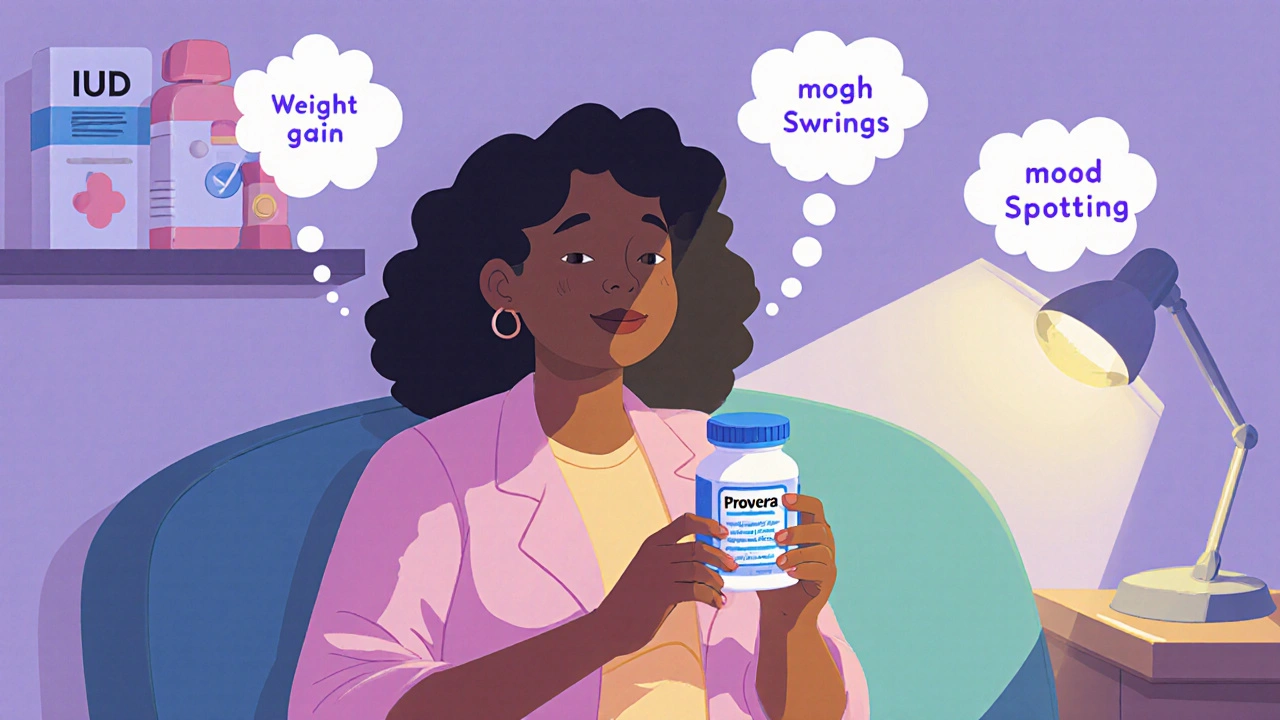Women's Health: Medication Safety, Pregnancy & Practical Care
Medications can protect you or cause harm during pregnancy. That sounds blunt, but knowing which drugs are risky is one of the best ways to keep yourself and a baby safe. This category focuses on practical, easy-to-follow info about medicines, pregnancy, breast health, contraception, menopause and routine care.
Medications and pregnancy: what to do
If you’re taking a drug and thinking about pregnancy, stop and ask two questions: Is this medicine safe for a fetus? Do I need to keep taking it now? For example, anastrozole — a drug used to treat certain types of breast cancer — can cause birth defects if taken during pregnancy. Women who are pregnant or planning a pregnancy should not take anastrozole. Talk to your oncologist or OB-GYN about safe alternatives and about reliable contraception if treatment continues.
Practical steps to follow: tell every provider you see that you are pregnant or trying to get pregnant; check the medication label and official prescribing info for pregnancy warnings; never stop a prescribed cancer or chronic disease medicine without a clinician’s guidance. If you need immediate advice, contact your care team or a poison control center rather than guessing.
Everyday women's health topics we cover
Screenings: Know when to get Pap tests, HPV checks, and mammograms. These tests catch problems early. If you have a family history of breast or ovarian cancer, ask about genetic testing and earlier screening.
Contraception: Choosing birth control matters when you’re on other medicines. Some antibiotics and seizure drugs can lower hormonal birth control effectiveness. If you’re on cancer therapy or other specialized meds, get tailored contraceptive advice from your provider.
Menopause and hormone therapy: Hot flashes, mood changes and bone loss are common. Hormone therapy helps some women but isn’t right for everyone. Discuss risks and benefits, and consider non-hormonal options when necessary.
Mental and sexual health: Mood shifts, anxiety and changes in libido are part of many women’s health journeys. Don’t dismiss these issues. Ask your clinician about counseling, safe medications, or lifestyle changes that help.
Breast health and treatments: If you face a breast cancer diagnosis, learn how treatments affect fertility and pregnancy plans. Fertility preservation, timing of pregnancy after treatment, and safe medication choices are all part of the conversation.
We keep things practical here — clear steps you can take, questions to bring to your doctor, and trusted facts about medications like anastrozole. If you want specific posts, check our articles on pregnancy-safe drugs, contraception while on treatment, and how screenings fit into different ages. Your health decisions should be informed and personal — and we aim to help you ask the right questions.











